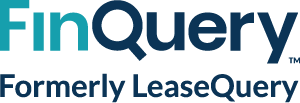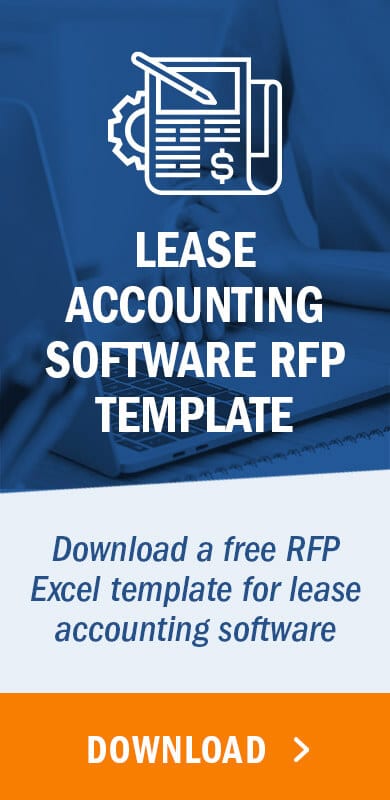The new lease accounting standards are nuanced regardless of which one you apply. Having to account for your leases under two separate standards only increases the complexities. Dual-filers face challenges single filers do not have to consider.
With the right lease accounting software, dual-filers can easily navigate through the transition process with little to no complications. This article walks through some of the benefits of using accounting software for lease accounting under two different sets of accounting standards.
Dual filing overview
Some organizations have reporting requirements for more than one set of standards and therefore need to prepare financial statements under two jurisdictions. Whether it means filing under FASB and IFRS or GASB and FASB, it’s important to ensure you thoroughly understand all guidelines and are following them correctly.
Who needs to dual file?
Dual reporting entities are required to publish their financial information under more than one standard, such as IFRS and US GAAP. To comply with the different reporting requirements, they undergo a different process than entities only reporting under one standard. Hospitals and state universities are common examples of entities required to file under both FASB and GASB standards.
A university or hospital may be run as a corporation instead of by the government, to retain autonomy and decision-making capabilities, but also receive funding from the state in which they are located. In turn, the receipt of funds from the state may have reporting requirements on how those funds are used to the state.
Some companies may also have reporting requirements under US GAAP and IFRS. This type of dual filing is more commonly seen in large international corporations. Companies that are publicly traded in the US are required by the SEC to prepare financial statements under US GAAP. However, some corporations may have internationally-based subsidiaries which are also required to report locally under IFRS.
Conversely, a corporation may have headquarters outside of the United States and prepare consolidated financial statements under IFRS. Their US-based subsidiary would need to submit financial statements to the parent company prepared using IFRS, but may also have FASB reporting requirements for federal taxes or US lenders.
In these scenarios, the organizations need to apply two different sets of accounting treatments to individual leases to meet the separate reporting and disclosure requirements. Depending on their established processes, this may require completing their lease accounting under one jurisdiction and adjusting the results with journal entries to create financial statements in a different jurisdiction. Another option to report under two jurisdictions may entail entering lease data twice – once for one set of accounting rules and again for a separate set of accounting rules.
Benefits software provides dual filers
Fortunately, if your entity is required to file under more than one jurisdiction, a lease accounting software solution that supports efficient dual filing is available. Using a lease accounting software developed for dual filing will save you time, money, and errors down the road.
Support two jurisdictions with the same lease inputs
A reliable, trustworthy lease accounting software, like LeaseQuery, allows you to support two jurisdictions with the same lease inputs. That means you don’t have to deal with the hassle of entering leases twice in two different environments or calculating adjusting journal entries to take you from one set of financial statements to another.
The system is programmed with the distinctions applicable to each major lease accounting standard so amortization schedules and journal entries are always correct. When you run journal entries, you can choose which jurisdiction you’re reporting under and book those entries. With the right lease accounting software, conversion between FASB and IFRS or GASB and FASB is no longer necessary.
Standard disclosure reports available for both jurisdictions
Different accounting jurisdictions mean not only more than one accounting treatment of your leases, but also different account balances, financial statements, and disclosure requirements. Using a lease accounting software solution that supports each jurisdiction means standard reports to meet all disclosures. No need to use a combined disclosure report that meshes the two standards or perform complex reconciliations between both sets of numbers needed.
Additionally, a software solution built to handle multiple jurisdictions, but especially IFRS, should also be able to handle the remeasurement and translation necessary to transact and report in multiple currencies. This functionality allows your reports to be in local, functional, or reporting currency based upon exchange rates your team enters into the system.
More efficiencies with fewer errors
Without lease accounting software, accounting for leases is a manual process. This method is more prone to errors, lacks internal controls and oversight, and takes far more time than necessary, resulting in lower efficiency. With LeaseQuery, entities only have to input lease information one time. Utilizing software saves the time and resources spent manually entering the data, compiling lease information into consolidated journal entries, financial statements, disclosures, and correcting errors.
Summary
The only lease accounting software that supports multiple jurisdictions with one input is LeaseQuery. The system is programmed with detailed guidance for each major set of lease accounting standards and is regularly updated to stay in compliance. Amortization schedules and journal entries are always correct interpretations of lease accounting. From FASB and IFRS or GASB and FASB, our software has you covered. Schedule a LeaseQuery demo today to learn more



